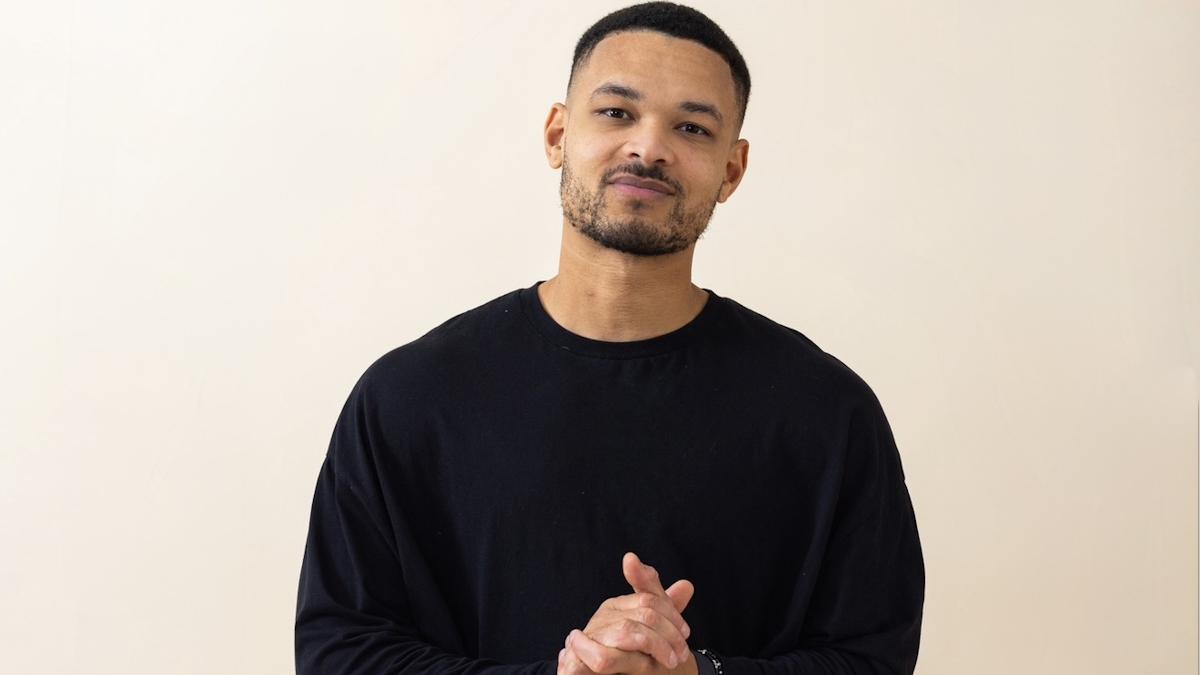Top podcaster spread health misinformation, claims BBC probe

Prominent podcaster Steven Bartlett has been accused of allowing misleading health information to be shared on his Diary of a CEO stream, which has millions of subscribers.
A BBC investigation claims to have analysed 15 recent health-related episodes of the podcast and uncovered 14 claims made by interviewees that ran counter to scientific evidence – including anti-vaccine sentiments – without being challenged by the host.
The case plays into concerns that podcasts can be a double-edged sword when it comes to health information, with the power to do great good – as a patient education tool, for example, if delivered by expert, knowledgeable commentators – but also considerable harm if they become a platform for fringe viewpoints.
It also emphasises the challenges that can emerge as legacy mainstream media outlets cut staff in the face of financial pressures and health information is increasingly provided by a scattered network of digital platforms without rigorous fact-checking and editorial oversight. In the UK, podcasts are not subject to oversight by media regulator Ofcom.
The BBC's probe into Diary of a CEO has followed an increase in emphasis on health topics by Bartlett that, according to the broadcaster, has resulted in a big increase in viewers and subscribers for the podcast, which currently has around 15 million views per month on YouTube.
A recent paper on health podcasts in the journal Open Forum Infectious Diseases estimated that in less than 15 years, the format – across all topics – has gone from being virtually unknown to becoming a multibillion-dollar industry, with around 500 million listeners worldwide.
Bartlett told The Times newspaper earlier this year that he expected to make £20 million ($25m) in revenue from Diary of a CEO this year, according to the BBC report. The podcast has been running since 2017.
Other problematic claims uncovered by the investigation include that following a keto diet can treat cancer and that evidence-based medication is "toxic" for patients.
The BBC also highlights strap lines such as "23.3 million people will die yearly because of this" and "we've been lied to about medication," which were used to promote an interview with UK cardiologist Dr Aseem Malhotra, who has advocated to suspend mRNA COVID-19 vaccination programmes.
Cécile Simmons, from the Institute of Strategic Dialogue, a think tank specialising in disinformation research, told the BBC this type of divisive content – which she described as "health-related clickbait" – can help to grow audiences.
Flight Studio, Bartlett's production company, said in a statement that the BBC had focused on a "limited proportion" of almost 400 guests on the podcast, adding that it showcases a range of voices who are offered "freedom of expression."
Similar allegations were directed earlier this year at US podcast The Huberman Lab, presented by Stanford neuroscientist Andrew Huberman, which has millions of subscribers and focuses on health-related topics.












